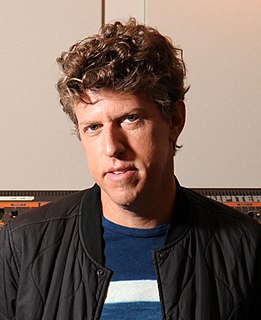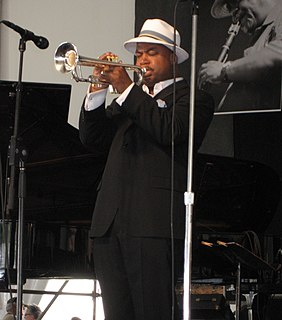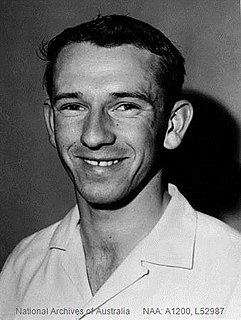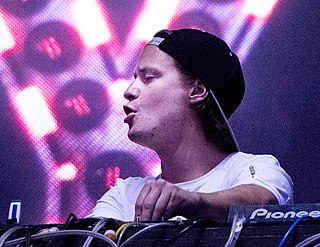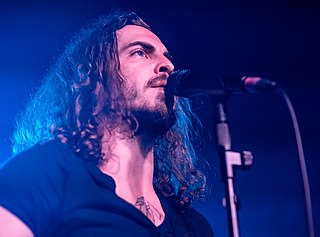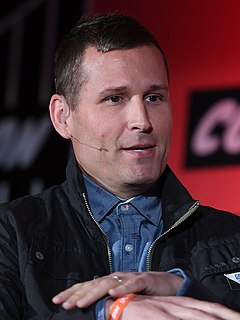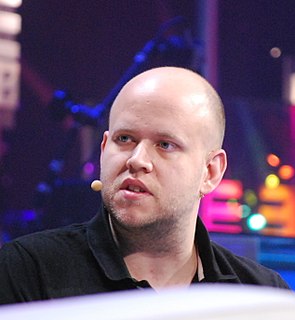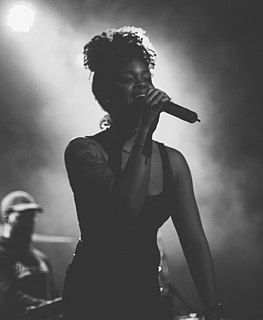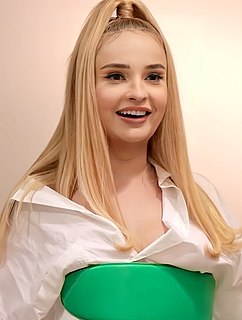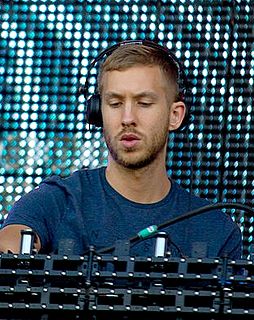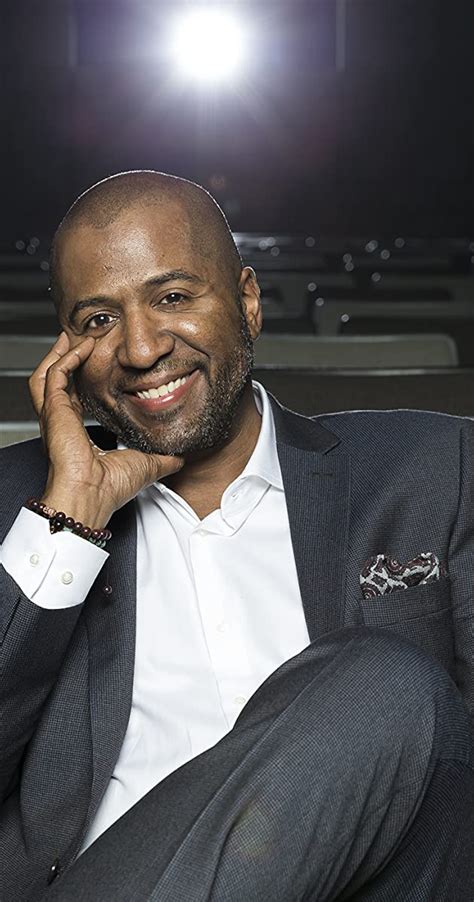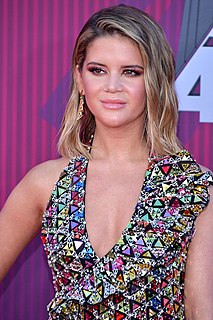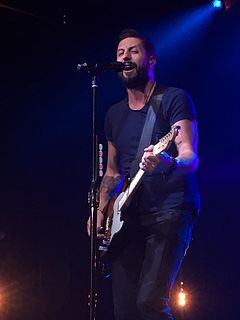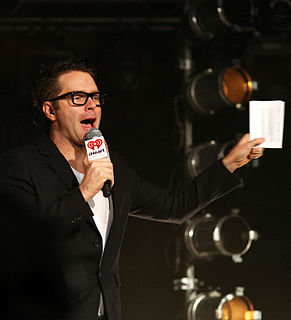Top 101 Spotify Quotes & Sayings - Page 2
Explore popular Spotify quotes.
Last updated on April 20, 2025.
I wouldn't say that I'm a consummate live artist. Album work is kind of just like quilt weaving or something. But live music is just like a method of emptying out the mind through volume. Volume as a form that allows you to do different things. And that doesn't really translate to recorded music, like how do you listen to that, on Spotify or in your car? It's not the same kind of effect. I would say that the loudness is a huge part of what I do live.
I think what's made electronic music so fascinating is that it came up through the underground and always moved and pivoted so quickly that you could never keep a handle on it. That continues to happen. Sure, the stuff on the very top moves slower and is marketed for Spotify. But there are still going to be undercurrents that flow freely and move around, simply because there's too much of a base with this music.
The music industry itself is changing so quickly, that everything new, like Spotify, all feels to me a bit like a grand experiment. And I’m not willing to contribute my life’s work to an experiment that I don’t feel fairly compensates the writers, producers, artists, and creators of this music. And I just don’t agree with perpetuating the perception that music has no value and should be free.
When I was touring in Texas, that was before iPods and Spotify. Driving around through towns, I had to, out of necessity, scroll the radio. Whatever region of the country you are in, that's a great way to find out what they listen to. You find music wherever you are, and that becomes the soundtrack for whatever your road trip is.
There's definitely some sort of dissent brewing between record labels, publishing companies and artists [about the compensation they get from streaming services] Spotify is returning a HUGE amount of money [to the record labels]. If we continue growing at our current rate in terms of subscriptions and downloads, we'll overtake iTunes in terms of contributions to the recorded music business in under two years.
I had a period after touring the first record where I didn't agree with the way things worked in the music industry as far as how you release music, demand, the pace of everything. You don't know who's talking to you. Who's Spotify? Who's iTunes? Who are all those bloggers? Who says I have to do this? Why do you have to do all this press? Why do I have to do so many shows? Why do I have to do a regular album right now? I don't understand it.
Companies like Spotify, the new Apple service, and all the others are really going to have to pay artists more. And I think it's a matter of time; I think a lot of these companies and the individuals that are involved in them realize that as well. They know that artists are not getting what they should be getting.
There are half a billion people that listen to music online and the vast majority are doing so illegally. But if we bring those people over to the legal side and Spotify, what is going to happen is we are going to double the music industry and that will lead to more artists creating great new music.
Consider the social proof of a line of people standing behind a velvet rope, waiting to get into a club. The line makes most people walking by want to find out what's worth the wait. The digital equivalent of the velvet rope helped build viral growth for initially invite-only launches like Gmail, Gilt Groupe, Spotify, and Turntable.fm.
There's a lot of creativity in the industry, but I don't necessarily think that the most creative DJs or producers are always the biggest ones. I think it would be nice to see more of an open culture to different music. I think that's happening. With Spotify, I think people are discovering a lot of artists they might not discover otherwise.



